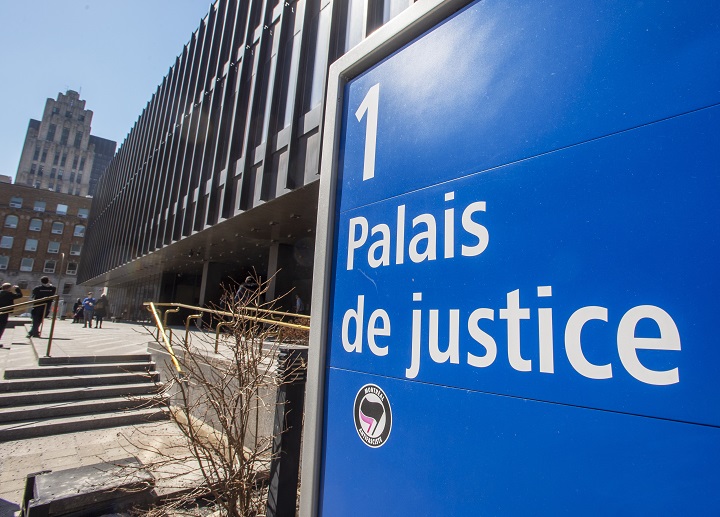A Quebec Superior Court judge has authorized a class-action lawsuit on behalf of federal prisoners in Quebec who were held in segregation units for more than 15 days after November 2019.

Lawyers for Daniel Fournier, the representative plaintiff, say he was subject to cruel and unusual punishment when he was held in segregation units for 40 consecutive days in 2019 and 2020, never knowing when he would be released back into the general population.
The transfer “caused the plaintiff to experience symptoms of depression and increased anxiety attacks; he now requires psychological counselling,” Fournier’s lawyers Justin Wee, Justine Monty and Alain Arsenault wrote in their request for a class action.
“Detainees placed in solitary confinement can suffer psychological and physical disorders that can be long-lasting and irreversible from the very first day of isolation,” they write. “Prolonged isolation has negative consequences on the detainee’s reintegration into the prison population, on his rehabilitation and increases the risk of recidivism.”
The federal government argued against allowing the class action, telling the court that Fournier doesn’t have grounds for a lawsuit as an individual, let alone as part of a class action.
Justice Department lawyers argued that significant changes were made to segregation units in November 2019 after courts in British Columbia and Ontario found that solitary confinement for more than 15 days was unconstitutional.
Court documents indicate they said inmates held in the new facilities, called Structured Intervention Units, are able to spend four hours a day outside their cell, including two hours during which they have opportunities to interact with other people. This means, they argued, that the new system doesn’t involve solitary confinement — defined by the United Nations as being alone in a cell for at least 22 hours a day — and that even extended periods in an SIU are constitutional.
Fournier, who is currently serving a 14-year sentence for robbery and using a fake firearm in the commission of his crimes, was transferred to an SIU after he threatened to harm himself and others.
Because the medium-security prison where he was being held didn’t have an SIU, he was placed on restricted movement — a type of lockdown with similar conditions to the SIU — for three days before his transfer to a maximum-security prison where he would spend another 37 days in the SIU.
The government argued that he was placed in the segregated facility because of his own actions and was generally allowed to have four hours a day outside his cell.
Included in the evidence introduced by Fournier’s lawyers were several reports that found the new standards aren’t being met. Almost 80 per cent of inmates in SIU facilities, according to one of the reports, were regularly unable to have four hours outside their cell every day and nearly 40 per cent were never given four hours outside their cell at all.
In his July 28 decision authorizing the class action, Justice Christian Immer found there were arguable questions about whether periods of detention in SIU or restricted movement of more than 15 days violated Charter protections against cruel and unusual punishment.
He also found there were questions about whether those periods of detention violated the Quebec Civil Code. But he rejected a portion of the lawsuit which argued the periods of segregation had violated Fournier’s Charter rights to life, liberty and security of person.
The authorized class action lawsuit, which will now be heard on its merits, includes all federal prisoners in Quebec who were detained in a SIU or placed on restricted movement for more than 15 consecutive days after the new system came into effect on Nov. 30, 2019.









Comments